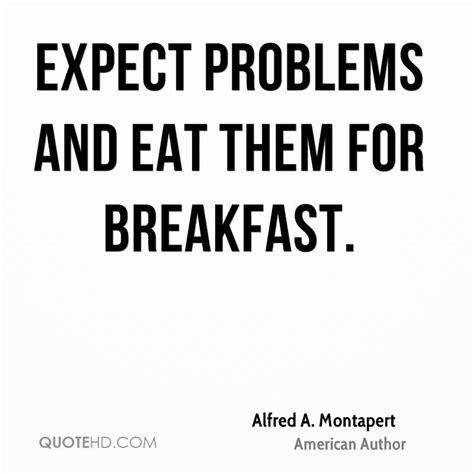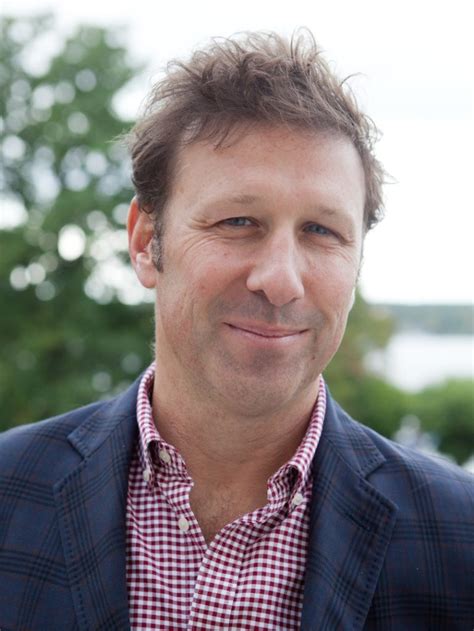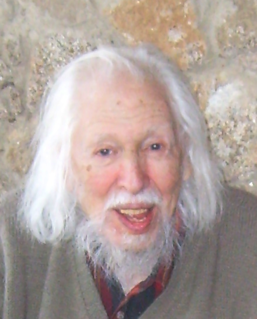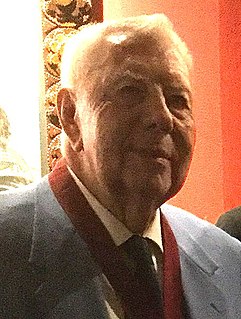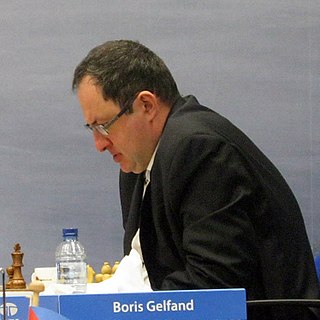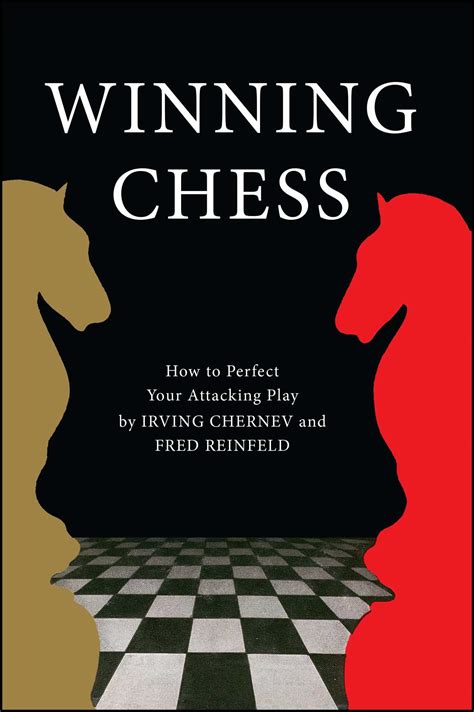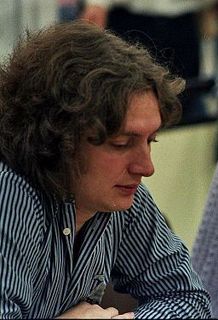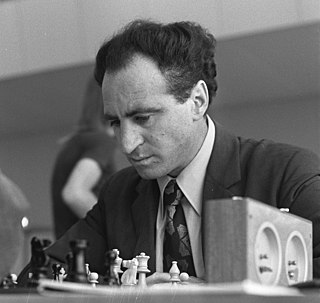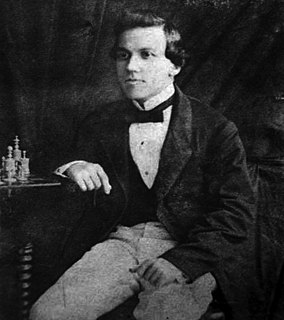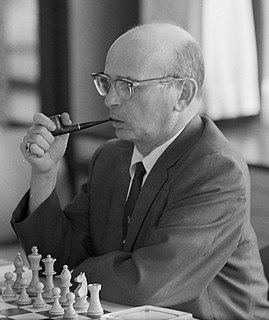A Quote by Emanuel Lasker
The laws of chess do not permit a free choice: you have to move whether you like it or not.
Quote Topics
Related Quotes
In chess there can never be a favorite move. I can probably pinpoint in a specific game, there might be a move that was like, "Oh, that was a good move." And maybe certain moves turned the whole game around, but there's not one special move that does that, unless it's checkmate because that's when the game is over.
I don't think I have a favorite chess move, other than checkmate, because each move is part of a combination of other moves. Just like I don't have a favorite piece, because they all work together. I mean, I love myself; I am the king on the board, but other pieces do different things and they all work together, so it's not one particular move unless it's checkmate because usually there's an answer. You know, chess is about questions and answers.
I love chess, and I didn't invent Fischerandom chess to destroy chess. I invented Fischerandom chess to keep chess going. Because I consider the old chess is dying, it really is dead. A lot of people have come up with other rules of chess-type games, with 10x8 boards, new pieces, and all kinds of things. I'm really not interested in that. I want to keep the old chess flavor. I want to keep the old chess game. But just making a change so the starting positions are mixed, so it's not degenerated down to memorisation and prearrangement like it is today.
When the psychiatrist approves of a person's actions, he judges that person to have acted with "free choice"; when he disapproves,he judges him to have acted without "free choice." It is small wonder that people find "free choice" a confusing idea: "free choice" appears to refer to what the person being judged (often called the "patient") does, whereas it is actually what the person making the judgment (often a psychiatrist or other mental health worker) thinks.
The plan of spiritual evolution is marked not only by God's will that we move ever in the direction of love, nut also by another of God's creative principles: that humanity has free will. What that means is that in any given moment, it is our choice whether we move toward love or retreat from it. What is not love is fear. But in the larger scheme of things, there is a limit past which lovelessness cannot remain. Fear is not life-giving enough to sustain itself. We can move in the direction of fear only so long before it brings us to our knees, or to our end.

